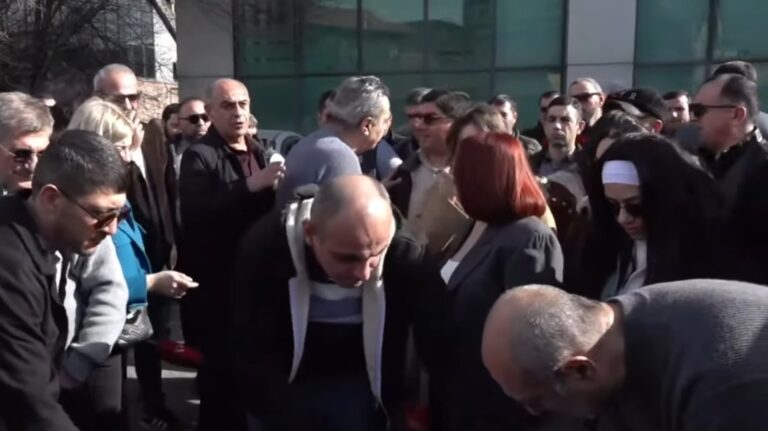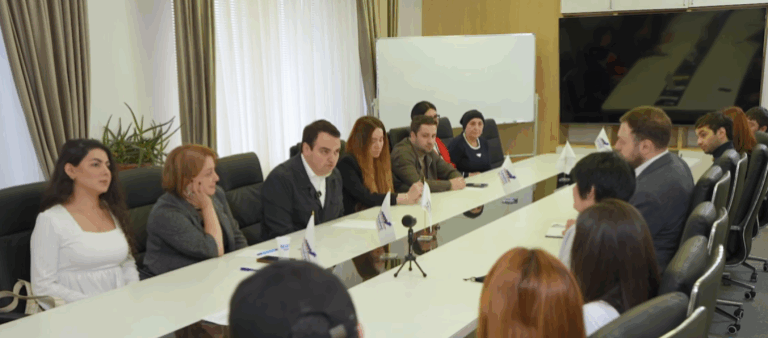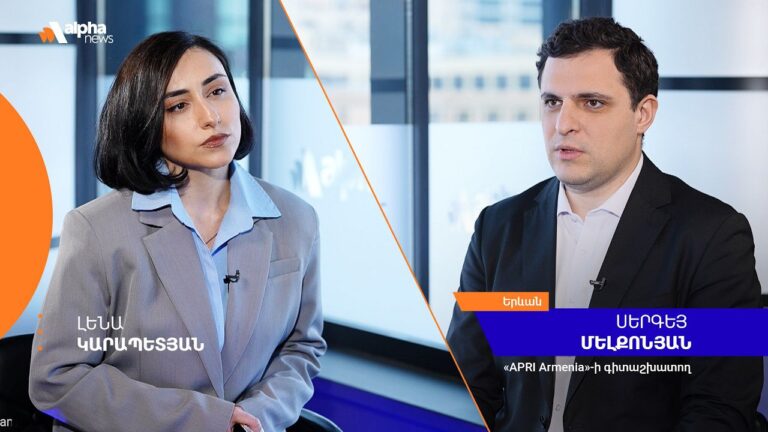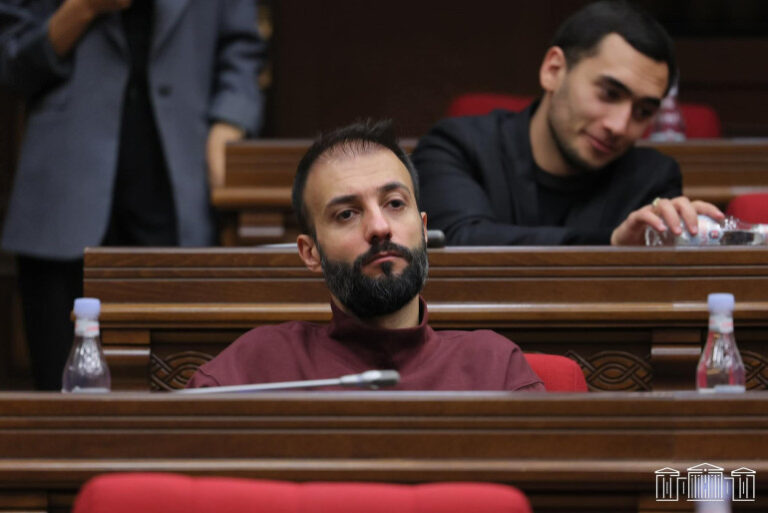Tavush for Homeland movement may have different outcome, says political scientist
Tavush for the Homeland movement may have a different outcome since the chances of success are high, political scientist Robert Margaryan told Alpha News.
“Diaspora has high hopes for this process. Tavush for the Homeland movement is somewhat different from the previous processes in its nature and the tools used. Great hopes have flared up, contrary to the previous political movements, which, unfortunately, had no results. There is a possibility that this movement will have a different outcome, and everything so far suggests that the chances of success are high.
That enthusiasm is shared with us, Diaspora Armenians. We not only follow, but also try to participate in this movement. There is not much we can do from here, apart from expressing solidarity and showing our support,” the political scientist said.
Margaryan noted that a number of public and political organizations, unions, communities, and Armenian National Committees expressed their support for Tavush for Homeland movement.
“Many people here stay up at night to follow the protests. Unfortunately, the same methods that are being used in Armenia today are also used in the US. The authorities monitor the work of TV stations, which mainly try to promote propaganda with ‘Nikol’s’ ideology and vocabulary. They emphasize that there are some concerns, but they also say that there is a risk of a new war. They do the same denigrations, connecting this movement with the ‘formers’, with some names,” Robert Margaryan said.
He touched upon Armenian President Vahagn Khachaturyan, who recently repeated Nikol Pashinyan’s narratives in the US.
“The President of Armenia was here [in the United States, ed.] recently and gave an interview, repeating Nikol Pashinyan’s narratives. He did not deny that one of his main goals for coming to Los Angeles was to meet with various organizations. Vahagn Khachaturyan also tried to convince our community with the same words that Nikol Pashinyan is using regarding the border delimitation process,” Robert Margaryan concluded.







